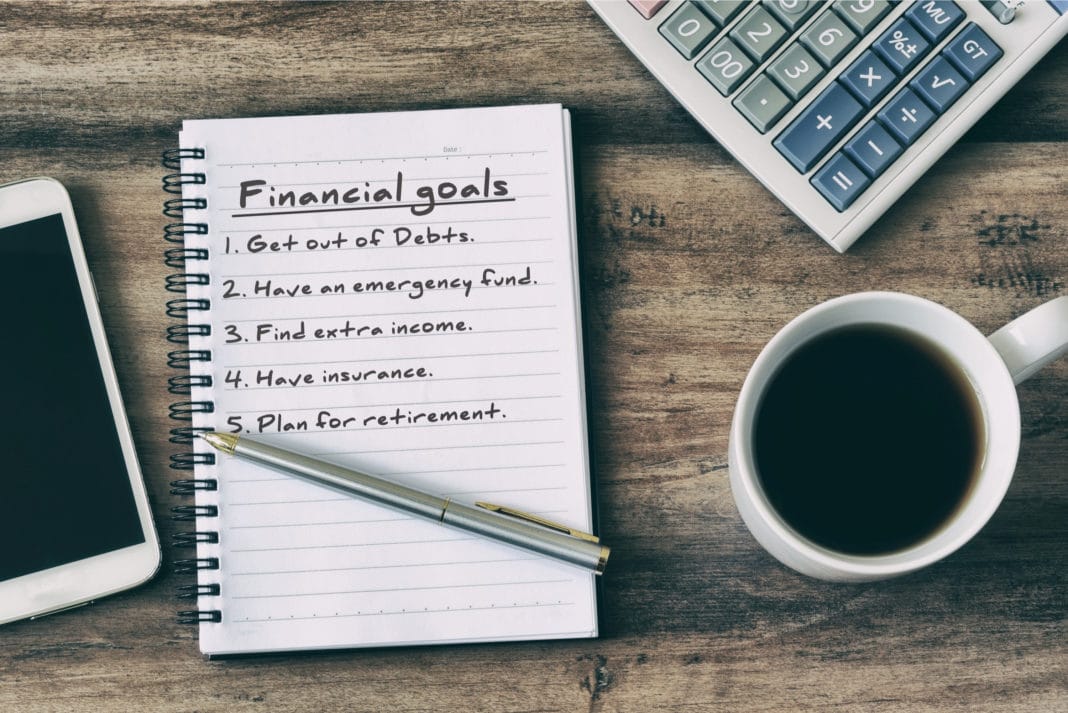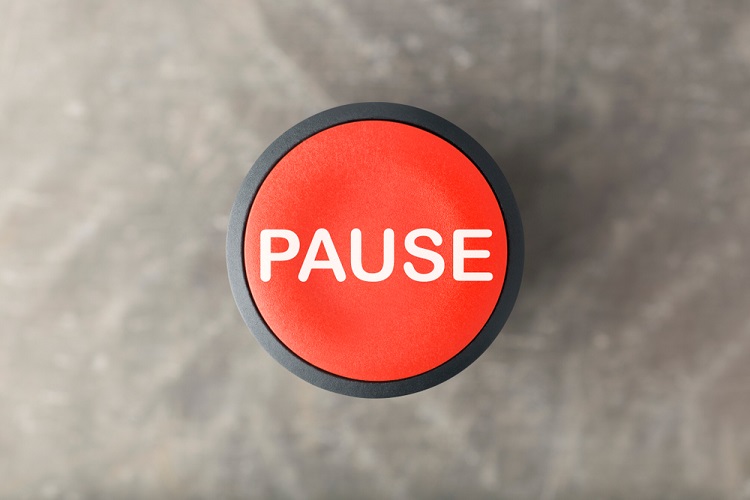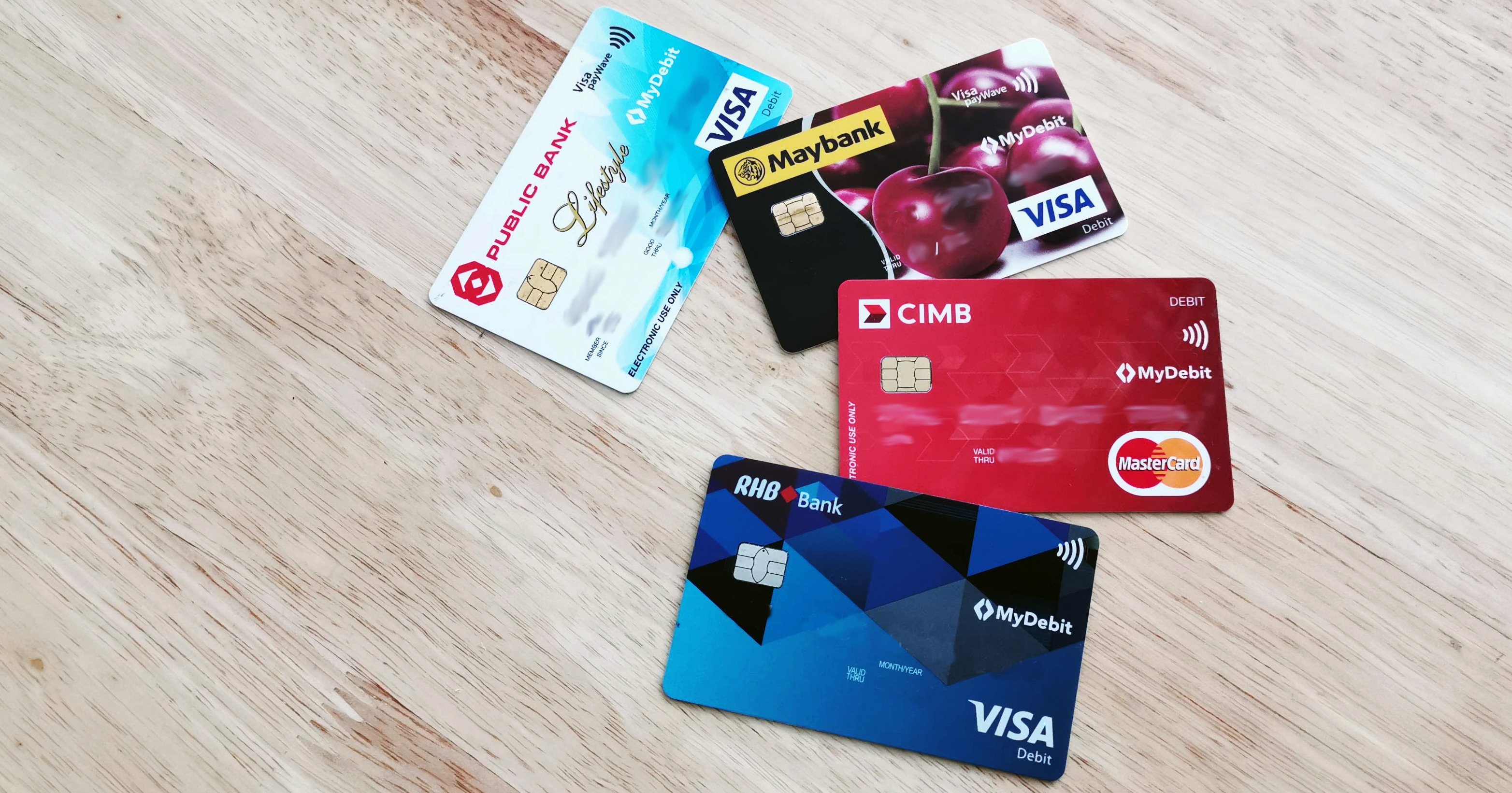It’s easy to be enticed with non-stop ongoing promotions online.
Thanks to the pandemic, more companies are also urgently shifting from brick and mortar to embracing digital means to sustain their business. This means customers like us can view a product instantly and make a purchase within a few taps or clicks.
But this also means it’s now easier to shop and buy “crap”. Please don’t get us wrong when we say “crap”. We’re not necessarily referring to a product as worthless but more towards whether it’s indispensable.
If you find yourself constantly buying “crap”, especially since it’s hard to say no to that dollar deal, read on.
#1: Stocktake your junk
Unless you are already living a minimalist lifestyle, chances are you have plenty of surplus stuff lying around at home or in your car boot.
The first step to help you stop buying items you don’t need is to do a stocktake on your current junk. A detailed record of your household items will help you realise how many things you already own.
Chances are, you will also find lost and misplaced items long forgotten over the years. Take these items and set them aside. Before donating, discarding, or reusing, look at it and do a quick sum-up of the costs. This exercise will reveal the potential savings you would have had if not for the purchase of those miscellaneous products.
And as a bonus, take it as an opportunity to declutter.
#2: Set a financial goal

Image Credits: moneycrashers.com
Financial goals are important because they help us make informed decisions with our money. Perhaps you want to save for retirement, get a new car, or take a luxury staycation soon.
Figure out how much money you need for your goal and consider opening a savings account to fund it. Next time you are at the shops and thinking of spending S$10 on something random (just because it’s on discount), consider putting that money in your savings instead.
You will be amazed at how quickly all those seemingly small purchases add up.
#3: Engage in an inexpensive hobby or activity
Shopping is a fun hobby, but it is an expensive one. Consider finding another activity to replace that.
Instead of going to the shopping centre, logging in to your favourite shopping app, or ordering stuff you don’t need during a time sale, do something else. Maybe you could go for a walk, read a book, or develop an artistic interest.
There are many engaging and inexpensive hobbies, such as bird watching or sketching, that can be very rewarding. Having an activity to fill your time can help you stop mindlessly carting out online. This could translate to more savings in the long run!
#4: Implement a 24-hour pause strategy

Image Credits: cobizmag.com
Even if you find a replacement hobby to keep you from shopping too much, you will undoubtedly find yourself back at the shops from time to time.
To prevent yourself from getting into the shopping routine, implement a 24-hour pause strategy. Before you buy that new phone cover or that shiny baking tray, put it on hold and think it over for 24 hours.
If you think it would significantly add value to your life or you would be using it for a long time to come, buy it. However, if you realise it’s possible to live without it until the current item you own wears out, skip it.
#5: Unsubscribe from marketing emails
Even the strongest among us can succumb to the temptations of promotional emails. New products, attractive coupon codes, and special deals are what marketers use to get inside our heads and tempt us to spend that money.
One of the most effective ways to avoid this temptation is to get it out of sight. There is little to no value in these messages if you’re on the road to stop buying “crap”. Unsubscribing from such marketing emails will help you regain control of both your inbox and your wallet.
#6: Create firm budget limits

Image Credits: Vulcan Post
It would be unrealistic to say, “I am going to stop shopping”, and then hope it would work the next moment miraculously.
While we’ve worked hard to earn money, and it’s perfectly alright to spend it, the idea here is to spend less of it on “crap” that we don’t genuinely have a use for. The best way to attain this goal is to set a fixed budget in debit or cash.
Giving yourself an allowance in debit or cash helps you exercise more control over overspending. Spending debit or cash feels different than spending money on a credit card or through an app. Having to count and part with physical bills in exchange for an object helps us observe the trade differently now that we see the money disappearing from our possession.
#7: Pen down specific goals
As we come to a close, just saying “I am going to stop buying items I don’t need” may not work as you intend it to be. You want to pen down a more specific and measurable goal that you can attain.
For example, “I will only shop online on weekends,” or “I will only hit the stores on Saturdays with a cash budget of S$50 with me”. Preparing yourself with precise and realistic goals like these will aid you in reducing your excessive spending and break the chain of buying unnecessary “crap”.

